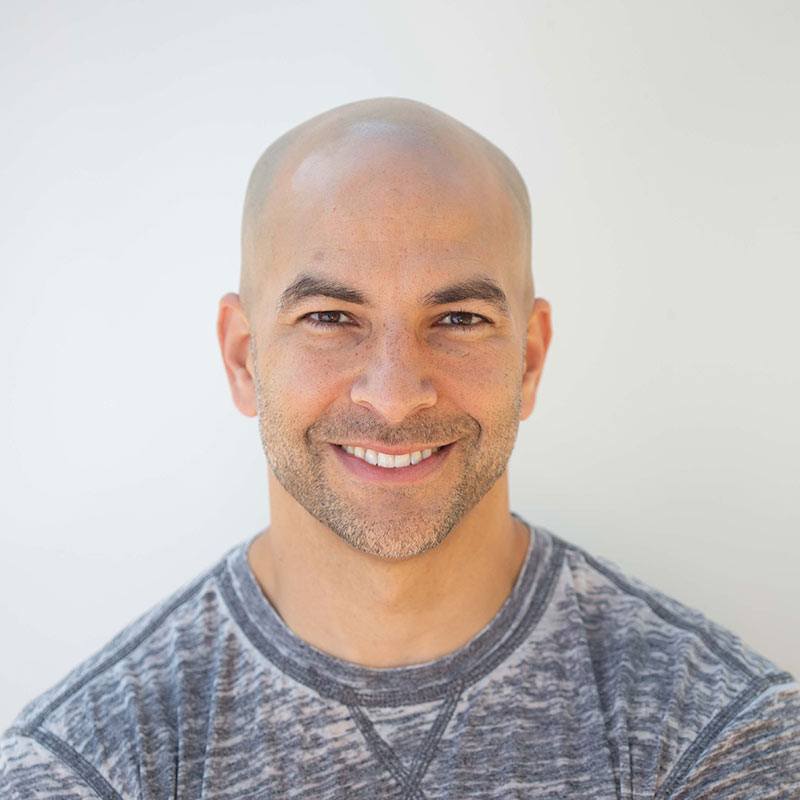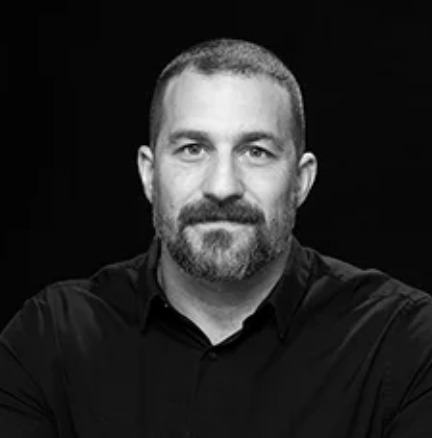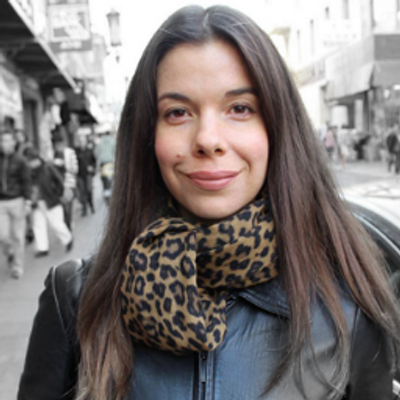Health
Last Updated: 07.06.23
4 Min Read
The Warburg Effect: Otto Warburg’s Cancer Metabolism Theory with Sam Apple
Sam Apple’s book Ravenous explores the life of Otto Warburg, a Nobel Prize-winning scientist who survived Nazi Germany. Attia examines Warburg’s research on cancer metabolism and the “Warburg Effect,” the ongoing debate on cancer causes, prevention, hyperinsulinemia, and the link between dietary sugar and cancer. Attia sheds light on the forgotten legacy of Warburg’s work and its resurgence in cancer biology.
Key Takeaways
High level takeaways from the episode.
Source
We recommend using this distillation as a supplemental resource to the source material.
Full Notes
Sam Apple: Writer and Teacher
- Father is a writer, influenced Sam’s career choice
- Recognized writing as his strength in college
- Believes writing ability is innate, but can be improved with practice
- Teaches science writing and creative writing at Johns Hopkins
Identifying Good Writing
- Clarity, concise language, and logical flow are key
- Good writing depends on clear, concise thinking
- Good writers often revise their work multiple times
- Importance of feedback from others
Sam Apple’s Education
- MFA in Creative Nonfiction at Columbia University
- Focused on long-form nonfiction and storytelling
- Writing workshop format: students submit work and receive critiques from peers and professors
- Debate over the workshop approach: some argue it leads to formulaic stories, while others believe it’s essential for improvement
Trial and Error in Writing - Writing often involves trial and error, experimenting with different perspectives
- Feedback from others is crucial for improvement
- Comparing oneself to exceptional writers can be discouraging, but it’s important to remember that good work can still be done without reaching their level
Otto Warburg’s Background
- Born in the late 19th century to a prominent physicist father, Emile Warburg
- Grew up around famous scientists like Einstein, Max Planck, and Emil Fischer
- Decided to focus on biology and physiology, but always maintained an interest in energy and physics
World War I and German Scientists
- Many German scientists, including those of Jewish background, joined the war effort to prove their patriotism
- Warburg joined a cavalry regiment and fought on the battlefield
- Einstein urged Warburg to return home, potentially saving his life
Warburg’s Dedication to Science
- Described as having a “religious devotion” to science
- Believed that a scientist should be prepared to die for the truth
- Focused on science as a way to avoid looking inward and dealing with personal issues
Warburg’s Personal Life
- Struggled with being Jewish in Germany and being homosexual
- Lived with his male partner, Jacob Heiss, and was relatively open about their relationship for the time
- Never met Hitler directly, but there is indirect evidence that Hitler was involved in Warburg’s fate
Post-World War I and Warburg’s Work
- Returned to Berlin and was given a position at the prestigious Kaiser Wilhelm Institute for Biology
- Began his seminal work on cancer and energy metabolism
Kaiser Wilhelm Society and Max Planck Society - Kaiser Wilhelm Society: created to gather the best scientists and provide them with resources
- Inspired by the Rockefeller model in the United States
- Otto Warburg returned to Germany before World War I to work in a lab
- Financial struggles due to wealthy funders going bankrupt
Otto Warburg’s Research Focus
- Initially focused on photosynthesis to potentially solve world hunger
- Shifted focus to cancer due to its increasing prevalence in Germany
- Aimed to make a world-changing discovery like his idols Robert Koch and Paul Ehrlich
Warburg’s Discovery: Cancer Cells and Fermentation
- Warburg discovered that most cancer cells ferment glucose instead of breaking it down with oxygen (oxidative phosphorylation)
- This shift to fermentation in cancer cells is now known as the Warburg effect
- Surprising because cells typically only ferment when oxygen is not available (anaerobic glycolysis)
Biochemical Pathways and Energy Production
- Fermentation of glucose yields significantly less ATP (energy) than oxidative phosphorylation
- Cells usually only resort to fermentation when oxygen is insufficient or when there is a high demand for ATP
- The Warburg effect is a paradox because cancer cells ferment glucose even when oxygen is available (aerobic glycolysis)
Warburg’s Hypothesis
- Warburg believed that there must be a defect in the mitochondria of cancer cells
- This hypothesis was influenced by Pasteur’s discovery that microbes could ferment without oxygen (the Pasteur effect)
- Warburg saw the relationship between respiration and fermentation as a seesaw: when one goes down, the other goes up
Warburg’s Hypothesis and Cancer - Warburg’s hypothesis: cancer cells undergo aerobic glycolysis to fermentation due to defective mitochondria
- However, he couldn’t prove this hypothesis
- Early tests showed fermentation increasing while respiration continued
- Later in his career, he insisted respiration was not continuing or had other explanations
- Warburg believed every disease has a primary and secondary cause
- Primary cause: most fundamental aspect (e.g., shift to fermentation in cancer)
- Secondary cause: anything that causes the primary cause (e.g., chemicals, viruses)
- Warburg was concerned about environmental carcinogens
- Believed chemicals in food were poisoning cells and causing a shift to fermentation
- Influenced American environmental policy through Rachel Carson’s Silent Spring
Warburg’s Nobel Prize and World War II
- Warburg awarded the Nobel Prize in 1931 for his work on respiration
- Elucidated the process of electron transport chain and reaction with oxygen
- During World War II, Warburg stayed in Germany despite being Jewish and gay
- Rockefeller Foundation built a beautiful institute for him in 1931
- Many of his colleagues fled, but Warburg remained in Germany
Otto Warburg in Nazi Germany
- Otto Warburg, a Jewish scientist, refused to leave Nazi Germany
- Believed the Nazi phenomenon would be short-lived
- Arrogant and narcissistic, couldn’t fathom being told what to do
- Provoked Nazis, refused to do the Hitler salute or put up the Nazi flag
- Warburg’s survival during the war
- Initially served as propaganda value for the Nazis
- In 1941, allowed to live on the condition he focused on cancer research
- Hitler likely involved in the decision to let Warburg continue his work
- Hitler’s personal connection to cancer
- Lost his mother to breast cancer as a teenager
- Mother’s death had a significant impact on him
Hitler and Cancer Research
- Hitler’s mother underwent experimental cancer treatments, leaving her in pain
- Hitler became obsessed with cancer and its elimination
- Nazis made some advances in cancer prevention, despite their monstrous actions
- German science was prominent before WWII, shifted to English post-WWII
Otto Warburg’s Contributions
- Deserved a Nobel Prize for his cancer work in the 1920s
- Made advances in understanding hydrogen transfers and coenzymes
- Discovered the role of nicotonic acid in NAD, leading to understanding of pellagra disease
Warburg’s Life Post-WWII
- Stayed in Germany after the war, but considered moving to America
- Returned to his institute in West Berlin, which was in the American sector
- Soviets tried to recruit him, but he ultimately stayed in the American side
Warburg’s Feud with Sidney Weinhouse
- Warburg had scientific feuds with other researchers, including Weinhouse
- Weinhouse was a mild-mannered scientist who disagreed with some of Warburg’s observations
- Warburg and Weinhouse had a public disagreement in the journal Science
Cancer Theory Overthrown - Winehouse challenged Warburg’s belief that cancer cells have defective mitochondria
- Found no difference in oxygen consumption between cells
- No evidence of damaged mitochondria
- Warburg’s theory faded away as molecular biology and oncogenes gained prominence in the 1970s
- Warburg’s study of enzymes and cancer metabolism seen as old-world biochemistry
- Focus shifted to DNA, signal transduction pathways, and molecular biology
Renaissance of Warburg’s Theory
- Late 1990s: revival of interest in cancer metabolism
- Key labs: Craig Thompson (now president/CEO of Memorial Sloan Kettering) and Chi Van Dang (formerly at Johns Hopkins)
- Both labs traced signaling pathways back to metabolic enzymes
- 2009 Science paper by Matthew Vander Heiden, Luke Cantley, and Craig Thompson
- Acknowledged Warburg effect but offered a different explanation
- Argued that cells might need to take up more glucose for bioenergetic reasons, not due to defective mitochondria
- Cells need building blocks for growth, not just energy
- This view is now more widely accepted, though some still support Warburg’s original theory
Debate Over Defective Mitochondria
- Some scientists, like Thomas Seyfried, believe Warburg was right about defective mitochondria
- Others, like Cantley, Thompson, Vander Heiden, and Nav Chandel, disagree
- Author leans towards the latter view, based on the majority opinion and the idea that proliferative metabolism is a fundamental program in cells
- Cells take up nutrients and grow when they have access to them, regardless of oxygen availability
Cancer, Obesity, and Insulin
- Cells take up nutrients and grow when they have access to them, regardless of oxygen availability
- Cancer is a problem of growth, driven by nutrients and hormones
- Late 1990s: insulin hyperinsulinemia and obesity correlated with cancer
- Insulin could explain obesity, cancer, and why cancer was once rare
- Hyperinsulinemia may be a key factor in cancer prevention
Smoking and Cancer
- Smoking could be considered a prime cause of cancer
- Causes mutations in DNA that drive unregulated cell growth
Obesity and Cancer
- Strong correlation between obesity and cancer, but causation is less clear
- Obesity comes with many other factors (diet, sleep, exercise, etc.)
- Insulin may be the primary factor within the obesity paradigm driving cancer
- Hyperinsulinemia could be driving both obesity and cancer cell proliferation
Metabolically Healthy Obese and Insulin Resistance - Metabolically healthy obese individuals store more nutrients in subcutaneous fat, not visceral fat
- They do not have insulin resistance and are not more likely to get cancer
- Insulin resistance is seen in thinner individuals and correlates with cancer
Insulin and Cancer Correlation
- Unclear if insulin is the first step in the process or if a mutation occurs that allows cancer cells to take advantage of hyperinsulinemia
- Hyperinsulinemia may drive chromosomal insult through creation of reactive oxygen species in the mitochondria
- Nutrients play a role in epigenetics
Fructose and Cancer
- Recent research shows that fructose, independent of its effects on insulin, seems to drive certain cancers, particularly in the colon
- Fructose metabolism turns on the Warburg effect and allows ATP to go down and glucose to flow in
- This mechanism is not necessarily insulin-driven
Personal Insights from Writing the Book
- Humanizing Nazis and understanding their personal stories
- Learning about oneself as a writer and gaining confidence in taking on big projects
- Avoiding reviews of one’s work to maintain focus and confidence
Sam Apple on Cancer Research and Feedback - Sam Apple’s book: Ravenous Otto Warburg the Nazis and the Search for the Cancer Diet Connection
- Discusses the history of cancer research and the role of metabolism in cancer
- Highlights the importance of reducing hyperinsulinemia, improving metabolism, and reducing reactive oxygen species to improve odds against cancer
Support the Podcast
Weekly Newsletter
- Weekly emails on the latest strategies and tactics for increasing your lifespan, healthspan, and well-being
- peterattiamd.com/newsletter
Peter Attia Membership
- peterattiamd.com/subscribe
- Member’s only Ask-Me-Anything Podcasts
- The Qualys, Members-Only podcasts
- Exclusive discount codes for products Attia believes in
Peter Attia Social Media


